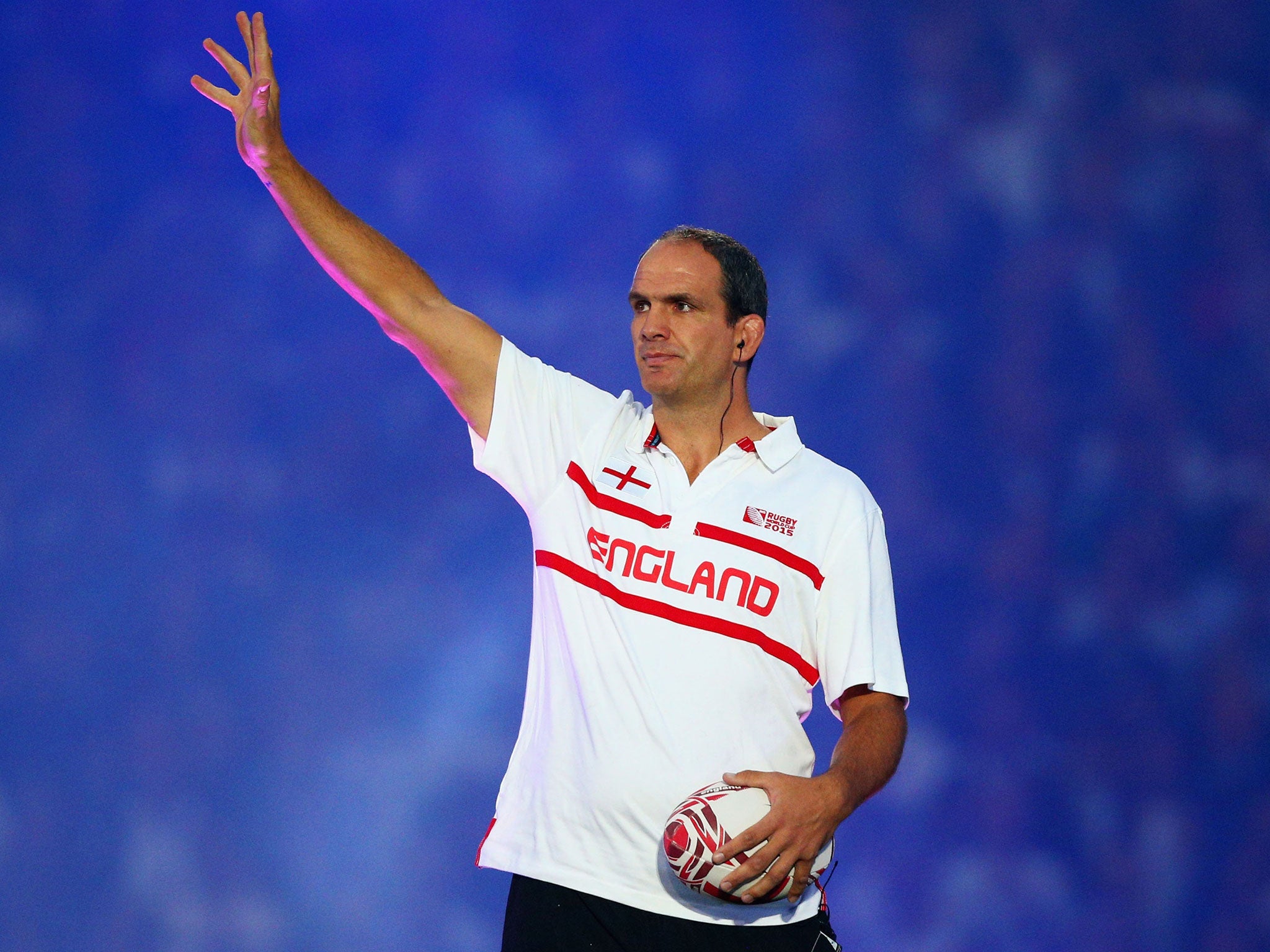RWC 2015: England should have had the guts to stick with 'alpha-male' coach Martin Johnson, says Brian Smith
Harsh as it sounds, you need an alpha-male coach to draw the best from the big personalities and challenging egos you tend to find in top-class international sport

England are over and out as far as this World Cup is concerned and have been for a week, so it’s high time we switched our attention to teams who still have an interest in the destination of the trophy. Teams like Wales and Australia, who meet at Twickenham today in what promises to be a fascinating contest, as well as a significant one. The problem? Their respective victories over the hosts, contrasting in style but equally dramatic, lead us straight back to you know who. There’s no getting away from them.
I thought Australia were superb against England. The quality of their rugby took me by surprise, not because I thought they were incapable of such a performance but because they had shown little in their opening two games to make me think they’d be anywhere near as clinical as they turned out to be. Leaving aside the acknowledged star turns – Bernard Foley at outside-half, David Pocock as the pilferer-in-chief on the floor – I was struck by the contributions of the prop Sekope Kepu in both tight and loose and Kurtley Beale out back. Beale’s entry off the bench early in the game gave the Wallabies an extra attacking dimension and the role he played in Foley’s second try was the stuff of dreams.
Not that I wasn’t squirming just a little at the sight of the Wallaby front-row substitutes heading on to the paddock with a quarter of the game left to play and the contest tightening up. As it turned out, those second-string blokes gave England some hammer at the set-piece and finished well on top. Who’d have predicted that at kick-off time?
England’s premature departure is down to the management team. There’s no way of sugar-coating it
As for the Welsh, they’re clearly a different beast to England: unbelievably fit and completely comfortable when it comes to playing multi-phase footy. They have a back row equipped to compete with Pocock, Sean McMahon and company and possess a winning culture born of deep experience at Test level. That and a standard of coaching fit for purpose.
And that’s the point, isn’t it? To my way of thinking, England’s premature departure is down to the management team. There’s no way of sugar-coating it: harsh as it sounds, you need an alpha-male coach like Warren Gatland of Wales or Michael Cheika of Australia to draw the best from the big personalities and challenging egos you tend to find in top-class international sport.
England would have had one of those “alphas” if they’d had the guts to keep faith with Martin Johnson after the 2011 World Cup and allowed him to learn his lessons.
Yes, a few players made poor personal decisions during that tournament and that reflected badly on all of us involved, but if Martin had been given a second shot in the way Clive Woodward was granted time and space after England’s quarter-final exit in 1999, the national team would have been in a better place now. I’m convinced of it.
People might like to remember that under Martin we had a 75 per cent win rate in 2011 and landed the Six Nations title for the first time in eight years (there hasn’t been one since, I might add). Irrespective of what happened to those of us on the coaching staff, the Rugby Football Union should never have let the Big Fella go.
Instead, they turned to Stuart Lancaster, initially on a caretaker basis. I assume they said to themselves: “Here’s a safe pair of hands, which is just what we need while we go out there and get our man.” Except they didn’t go out there and get their man.
Sure, Stuart is big on team culture but where does the “culture” argument lead when you see a hooker as good as Dylan Hartley being rubbed out of the squad, or a player with Danny Cipriani’s gifts being blanked? Accuse me of self-interest if you like, but am I wrong to think there might be a bit of karma at work?
One last point before I put the subject behind me once and for all: the more I think about the spurning of that late penalty chance in the Wales game, the more it strikes me that coach and captain were not on the same page. Which was unforgivable, given what was at stake. With Owen Farrell shooting the lights out with his kicking, the only sensible call was to take the points. That call wasn’t made. Please believe me when I tell you that when England won the World Cup in 2003, there was no conceivable possibility of such fractured thinking. Sir Clive would have been right on top of it, with every base covered.
Right now, I’m tempted to suggest that Cheika is having precisely that kind of influence on the Australian squad. He’s what I call a charisma coach – he has the passion, the dog, the mongrel. No one talks about the “brat pack” in Wallaby rugby any more because he’s so good at dealing with that side of things.
Wales will be a difficult proposition today, but if Australia back up from last week and put them away, who will say that they won’t go really deep into the competition? One of the most pleasing things about the England match was its aftermath. The Aussies didn’t get too carried away, despite putting on a show above and beyond expectations – a sure sign that they are steeling themselves for what lies ahead.
Brian Smith was England’s attack coach at the 2011 World Cup.
Join our commenting forum
Join thought-provoking conversations, follow other Independent readers and see their replies
Comments